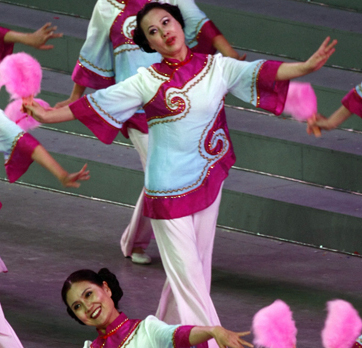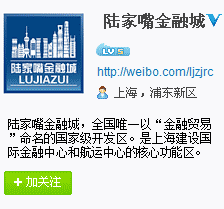Meeting regional challenges
|
|||||||||
( China Daily )
Updated: 2013-09-11
It was the first multilateral mechanism to advocate joint efforts against terrorism in Afghanistan, with its member states offering the country both material and financial aid. In 2009, the SCO held a special international conference on Afghanistan in Moscow, and the conference adopted the statement of the SCO and Afghanistan on combating terrorism, illicit drug trafficking and organized crime. In 2012, Afghanistan received observer status at the SCO summit in Beijing.
The withdrawal of US and other NATO troops in 2014 will leave the future of Afghanistan uncertain, and it is impossible for the SCO to sit out. But the SCO will not step up to the plate and take over from NATO as some analysts predict. The SCO will assure Afghanistan of support and help in its reconciliation and reconstruction process, however, the Bishkek summit will reaffirm the bloc's position that the future of Afghanistan should be decided by its people.
Aside from regional security and Afghan issues, economic cooperation is of great concern to the SCO summit. The domestic markets of the landlocked countries in Central Asia are vulnerable to external shocks and having lurched from crisis to crisis, especially in their food and energy sectors, countries in the region are tasked with defending their economic stability.
As a new type of regional cooperation mechanism, the SCO has the core task of ensuring the long-term stability and common development of all member states, and lifting struggling economies like Kyrgyzstan out of stagnation. Within the SCO framework, multilateral cooperation has been under way with efforts made to prioritize transportation, energy and telecommunications, and other key economic projects that will boost the economic growth of the region.
Political stability is the premise for economic development. For Central Asian countries, political challenges arise from not only poverty, corruption and other domestic woes, but also from the pressure of the political turmoil in the surrounding area and the imposition of democratic models by external forces. How to ease social tensions by meeting people's needs and how to respond to emergencies through diplomatic and political consultations are the questions the latest SCO summit cannot afford to overlook.
Central Asian countries are eager to foster closer economic ties with China. Xi Jinping's attendance at the Bishkek summit and his maiden trip to Central Asia as Chinese president demonstrate the consistency of China's good-neighborly policy and that the new leadership values ties with the region. The Bishkek summit will unfold a new chapter of strategic cooperation between China and Central Asian countries and testify that the SCO has become a paradigm of a new type of regional cooperation.
The author is secretary-general of the SCO Research Center of the Chinese Academy of Social Sciences.
(China Daily 09/11/2013 page9)






